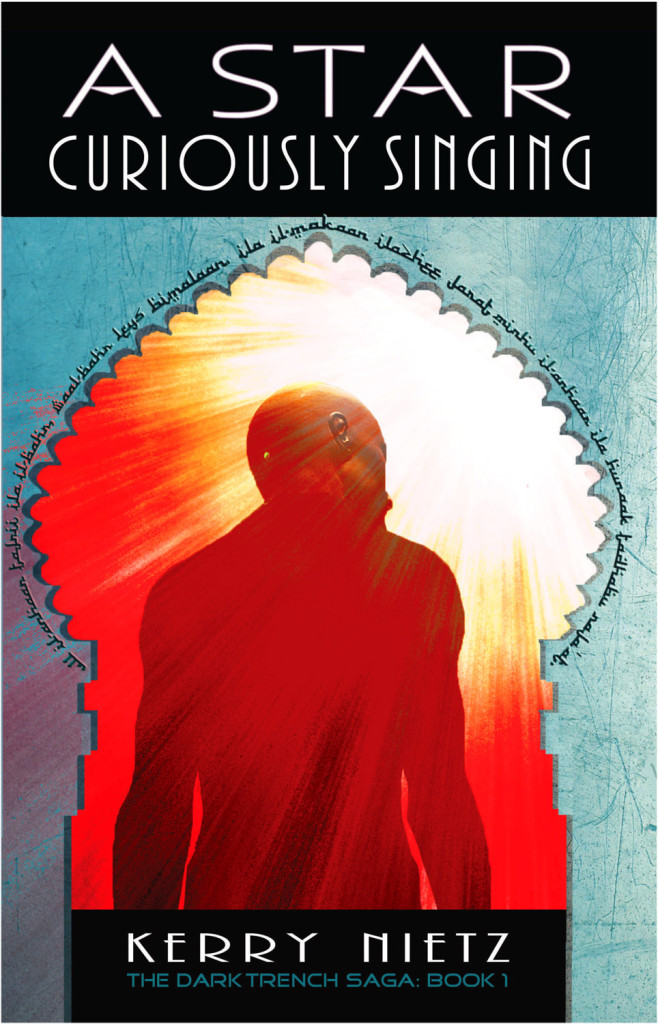Speculative fiction is just a giant door leading to a hundred tiny doors called subgenres. Anyone writing spec-fic probably knows what his or her subgenre is. Mine is dystopian. What’s yours? Steampunk? Technothriller? Paranormal? Time Travel?
I wrote in the speculative fiction genre long before I actually knew what any of the subgenres were. So, I thought it appropriate to do a blog series breaking down one or two subgenres a month for the good of all those who love (or don’t yet know that they love) speculative fiction.
Let’s jump right in, shall we?
There are three agreed-upon main genres to speculative fiction: Fantasy, Science-Fiction, and Horror. All the subgenres fall under one of these. This month, we’ll tackle dystopian and utopian.
I’ve seen these listed under both Fantasy and Science Fiction genres, but mostly under science fiction because of the futuristic societies. Advanced technology, time travel, and space flight are especially common in dystopians.
Dystopian
The Hunger Games, by Suzanne Collins really kick started the fame of dystopian literature, although dystopian lit existed long before that. A dystopian society is an undesirable place to live, under the power of a single oppressive force — often times, this is a totalitarian or authoritarian government that takes liberties away from the inhabitants.
When you break down the Greek roots of the word dystopia, it literally means, “Bad place to live.”
Dystopian novels are set in a fictional universe, commonly an evolved future of our current world. Sometimes the dystopian world will carry the pretense of being perfect, well-balanced, and protective. The antagonist in dystopian fiction is usually the society, the culture, and the political problems. For example, Katniss Everdeen’s greatest enemy is The Hunger Games, what it causes, and what it represents. She fights against it and, in fighting it, she must then stand up to the political leaders and the cultural norm.
Dystopian fiction tends to build off of present day trends. Classic authors frequently wrote them as warnings of what might happen if trends continued as they were, which makes me wonder — what has happened in our lifetime or history that was accurately predicted in a classic dystopian novel? Can you think of anything?
Examples of classic dystopian lit are:
- 1984 by George Orwell
- We by Yevgeny Zamyatin

- Brave New World, by Aldous Huxley
Modern examples of dystopian literature:
- The Hunger Games, by Suzanne Collins
- Divergent, by Veronica Roth
- Ready Player One, by Ernest CLine
- The Maze Runner, by James Dashner
Dystopian literature in the Christian market:
- A Star Curiously Singing, by Kerry Nietz
- Captives, by Jill Williamson
- The Dark Man, by Marc Schooley
Utopian
Utopian fiction is a little harder to find. People call it the opposite of dystopian fiction. The created society in a utopian world is an ideal place to live, filled with social harmony, political stability, equality, etc. Classic authors wrote utopian fiction to propose their personal ideas of what they imagined would improve society.
You might be able to see why these books are harder to find. What sort of conflict is going to be written into a perfect society? If you get too much conflict going, you might as well switch over to dystopian. 😉
The best example I could think of for a utopian society was life upon the Axiom in the Pixar film, Wall-E. Some people argue it was actually dystopian, but from the characters’ points-of-view, life on Axiom was perfect.
Some examples of utopian literature (though I’ve read none of these) are:
- Lost Horizon, by James Hilton
- White Mars, by Brian Aldiss
- Kirinyaga, by Mike Resnick
- Macrolife: A Mobile Utopia by George Zebrowski
- Movie Example: Wall-E, the culture aboard the Axiom


The 16th century book “Utopia” is pretty much a long description of a fictional country. There’s moments that make you say, “That’s so cool! Why do we have to be so lame in the real world?” Although there’s also some things in Utopia like euthanasia that would actually be bad, as in very bad.
I’ve been wanting to read that one. Great suggestion, thank you for sharing it. 🙂
I’ve been wanting to read that one. Great suggestion, thank you for sharing it. 🙂
I had to read a utopian novel called The Giver in middle school and I actually really loved it. It’s about this “perfect” society where the government choses your entire life, from your career to who you marry. There are a lot of things from today’s society that are extinct like certain animals and certain emotions, but all in all, everyone is content to live in the peace provided for them. It introduced me to the idea of what it would take to achieve peace and made me question if our desire to be a perfectly neutral world is headed in that direction. I’m sure you’ve read this one, but if not, it’s worth the read.
The Giver is actually a *dystopian* novel! Most dystopias are failed utopias, so I understand the confusion. But the Community in The Giver (SPOILER) prevents conflict and pain by eliminating individuality and emotion. Yes, like many dystopias, most of its citizens accept this as the status quo. If anything, that makes the Community all the more horrific.